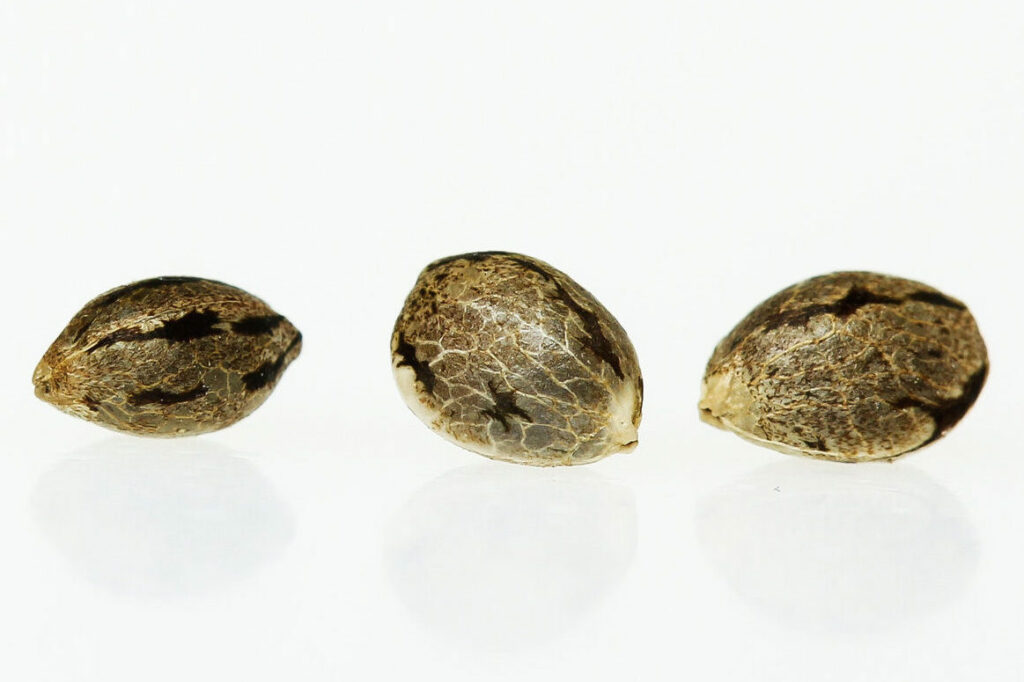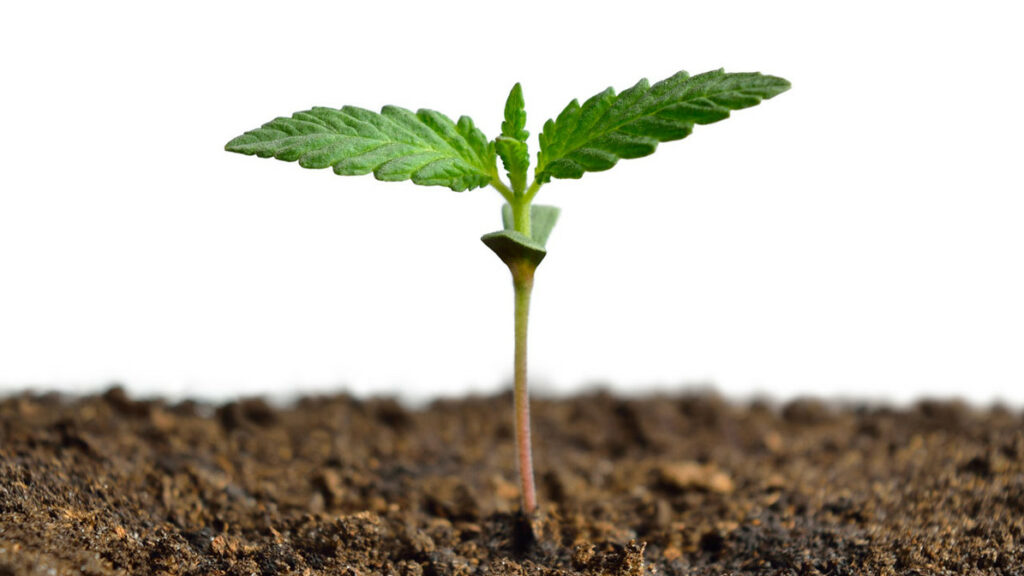
Exploring the Different Types of Cannabis Seeds: Feminized, Autoflowering, and Regular

Cannabis cultivation has evolved significantly over the years, and one of the key factors influencing a grower’s success is the choice of seeds. In the world of cannabis seeds, three primary types have gained popularity – feminized, autoflowering, and regular seeds. Each type offers unique advantages and challenges, catering to the diverse needs of cannabis enthusiasts and cultivators. In this comprehensive guide, we’ll delve into the characteristics, cultivation methods, and pros and cons of each type.

ALSO READ – CBD Oil and Its Anti-Inflammatory Properties: Healing Naturally
Understanding Feminized Cannabis Seeds
Feminized cannabis seeds have revolutionized the way growers approach cultivation. These seeds are carefully bred to produce only female plants, eliminating the need to identify and remove male plants during the flowering stage. This characteristic is particularly valuable for those seeking a high-yield and potent harvest.
Advantages of Feminized Seeds
A. Increased Yield: With no male plants in the mix, all resources go into bud production, maximizing yields. b. Space and Resource Efficiency: Growers can optimize their grow space and resources by focusing solely on female plants. c. Consistency: Feminized seeds offer consistency in terms of growth, flowering, and cannabinoid content.
Challenges of Feminized Seeds
A. Genetic Stability: Some argue that feminized seeds may be prone to genetic instability, leading to potential issues in the long run. b. Breeding Limitations: Due to the absence of male plants, growers cannot easily produce their own seeds for future crops.
Exploring Autoflowering Cannabis Seeds
Autoflowering cannabis seeds have gained popularity for their unique ability to transition from the vegetative to flowering stage automatically, based on age rather than light cycles. This characteristic makes them an attractive choice for novice growers and those seeking a quicker harvest.
Advantages of Autoflowering Seeds
A. Rapid Harvest: Autoflowering plants have a shorter life cycle, resulting in quicker harvests compared to traditional photoperiod plants. b. Simplicity: These seeds are well-suited for beginners due to their ability to flower without strict light control. c. Stealth Cultivation: The shorter life cycle and smaller stature make autoflowering plants suitable for discreet cultivation.
Challenges of Autoflowering Seeds
A. Limited Control: Growers have limited control over the vegetative phase, which may impact overall plant size. b. Lower THC Levels: Autoflowering strains are often associated with lower THC levels compared to some photoperiod varieties.

Decoding Regular Cannabis Seeds
Regular cannabis seeds encompass the traditional, non-genetically modified varieties that produce both male and female plants. While they may seem less sophisticated in comparison to feminized and autoflowering seeds, regular seeds offer unique advantages for experienced growers and breeders.
Advantages of Regular Seeds
A. Breeding Possibilities: Regular seeds allow growers to explore breeding possibilities, creating unique and diverse strains. b. Genetic Stability: Some argue that regular seeds offer greater genetic stability over the long term. c. Cloning: Growers can easily clone female plants to maintain desired genetics.
Challenges of Regular Seeds
A. Identification and Removal: The presence of male plants requires careful identification and removal during the flowering stage to prevent pollination. b. Resource Intensive: Growing regular seeds demands more resources and space due to the potential presence of both male and female plants.
Hybrid Varieties: Bridging the Gap Between Characteristics
In addition to the three main types of cannabis seeds, hybrid varieties have gained popularity for combining the best traits of different seed types. Hybrid seeds can be a mix of feminized and regular or autoflowering and regular, allowing growers to benefit from desirable traits while minimizing potential drawbacks. These hybrids often provide a middle ground for cultivators looking for a balance between control, speed, and breeding possibilities.
Advantages of Hybrid Seeds
A. Tailored Traits: Hybrids allow growers to customize their cultivation experience by selecting seeds that emphasize specific characteristics. b. Improved Vigor: Some hybrids exhibit increased vigor and resilience, adapting well to various growing conditions. c. Diversity: The diverse genetic combinations in hybrid seeds can result in unique and novel strains.
Challenges of Hybrid Seeds
A. Unpredictability: The combination of different genetic traits may lead to some unpredictability in terms of growth patterns and flowering times. b. Breeding Limitations: Similar to feminized seeds, hybrids may pose challenges for breeders looking to produce their own seeds for future crops.
Making the Right Choice for Your Cannabis Garden
Ultimately, the decision on which type of cannabis seeds to choose depends on various factors, including personal preferences, experience level, and cultivation goals. Beginners might find comfort in the simplicity of autoflowering seeds, while seasoned growers and breeders may prefer the versatility offered by regular seeds or hybrids.
Consider factors such as available space, time commitment, and desired outcomes when making your choice. It’s also essential to stay informed about the specific characteristics of the strains you’re interested in, as individual varieties within each seed type can vary significantly.
Conclusion
Choosing the right type of cannabis seeds is a crucial decision that can significantly impact the success of your cultivation journey. Whether you opt for the efficiency of feminized seeds, the rapid growth of autoflowering varieties, or the traditional approach with regular seeds, understanding the characteristics and challenges of each type is key. By weighing the pros and cons, growers can make informed decisions that align with their preferences, experience level, and cultivation goals. In the ever-evolving landscape of cannabis cultivation, the diversity of seed options empowers enthusiasts to explore and tailor their growing experience to suit their individual needs.